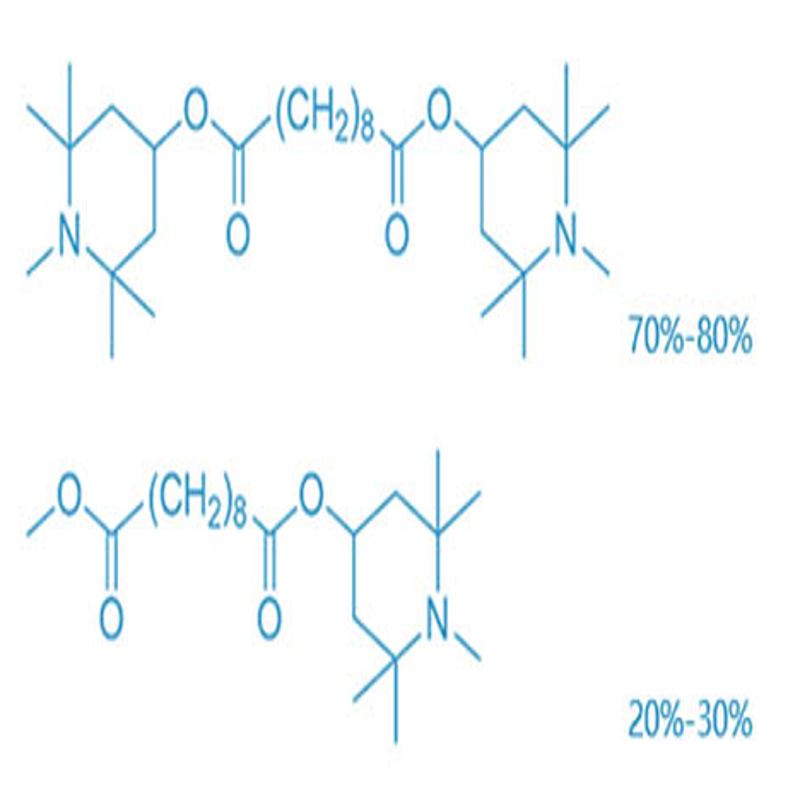-
Categories
-
Pharmaceutical Intermediates
-
Active Pharmaceutical Ingredients
-
Food Additives
- Industrial Coatings
- Agrochemicals
- Dyes and Pigments
- Surfactant
- Flavors and Fragrances
- Chemical Reagents
- Catalyst and Auxiliary
- Natural Products
- Inorganic Chemistry
-
Organic Chemistry
-
Biochemical Engineering
- Analytical Chemistry
-
Cosmetic Ingredient
- Water Treatment Chemical
-
Pharmaceutical Intermediates
Promotion
ECHEMI Mall
Wholesale
Weekly Price
Exhibition
News
-
Trade Service
On October 19, after long preparations and consultations, the South Korean government announced that it had established a policy roadmap for achieving carbon neutrality by 2050.
Flexibility to achieve carbon neutrality
Flexible to achieve carbon neutrality Flexible to achieve carbon neutralityAccording to a senior official of the Korean Presidential Council, “The two finalized carbon neutrality roadmaps are the revised and upgraded versions of the three 2050 carbon neutrality plans announced in August this year
It is reported that the two carbon neutral roadmaps aim to achieve net zero emissions by 2050, but they have put forward different proposals in areas such as power supply, transportation, hydrogen and carbon capture
In addition, as part of efforts to phase out fossil fuels and achieve carbon neutrality by 2050, the Korean Presidential Council has also determined a plan to substantially increase its greenhouse gas emission reduction targets by 2030.
Carbon emissions will be greatly reduced
Carbon emissions will be greatly reduced Carbon emissions will be greatly reducedIn response to the carbon neutral reduction that the outside world is concerned about, the official said: “According to the second roadmap, by 2050, the carbon dioxide equivalent produced by the power generation industry will reach 20.
According to the two roadmaps, by 2030, the proportion of coal power generation and LNG power generation in South Korea’s power structure will fall to 21.
In the transportation sector, the goal of the first roadmap is to achieve that by 2050, more than 97% of vehicles will be hydrogen-powered vehicles or battery-powered vehicles
In addition, the official said that the industrial sector, including the refining and chemical industry, will reduce carbon dioxide emissions from 260.
The industry still has doubts
The industry still has doubts The industry still has doubtsAlthough South Korea has completed its carbon neutral roadmap, some people in South Korea's academic and private industries have questioned the government's new targets, especially the 2030 emission reduction target
The General Association of Korean Business Operators stated that the South Korean government established the Carbon Neutrality Committee in May this year.
In addition, the National Federation of Economic Persons of Korea, the Korea Chamber of Commerce and Industry, the Central Association of Small and Medium Enterprises, and the Federation of Korean Backbone Enterprises all expressed their positions against the government's decision and called for the formulation of supporting policies to avoid causing great losses to industries and enterprises.







